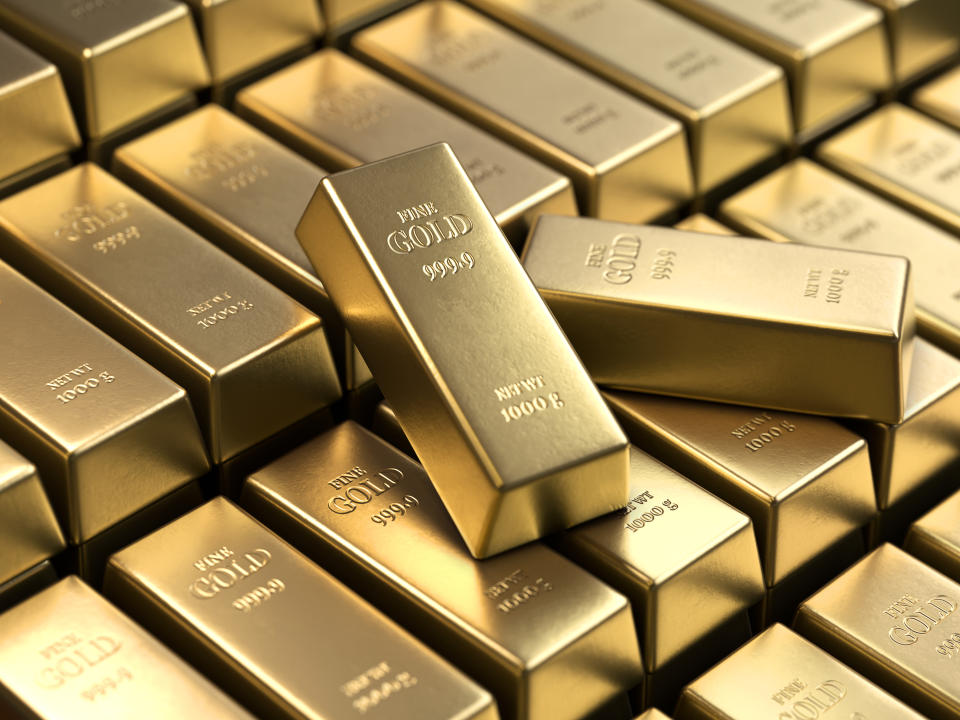The Iran crisis could bring a bigger economic problem than surging oil prices: Morning Brief
Tuesday, January 7, 2020
Get the Morning Brief sent directly to your inbox every Monday to Friday by 6:30 a.m. ET. Subscribe
Another source of uncertainty
The intensifying U.S.-Iran conflict is dominating headlines, and it’s certainly something investors shouldn’t be ignoring.
While the U.S. economy has limited direct exposure to Iran, Iran is a big player in the oil market and has the capacity to do things that could cause oil prices to spike.
“It is a stylized fact that oil price shocks tend to lead recessions,” Credit Suisse economist James Sweeney said on Monday. “Five of the past six recessions were preceded by a sharp increase in oil prices.”
But the world has changed greatly since the last recession.
Consumer spending on energy is at historical lows, accounting for just 2.3% of personal consumption expenditures, down from about 6% in the early 1980s. This limits the impact surging oil prices could have on the economy. Higher oil prices may also spark activity in the country’s massive domestic energy sector.
“Higher oil prices do not have as much of a slowing effect on the U.S. economy as they did years ago,” Wells Fargo chief economist Jay Bryson acknowledged on Monday.
“However, the uncertainty that the crisis could impart could potentially be more meaningful.”
As Morning Brief readers know, we talk a lot about uncertainty. (See here, here, here, and here.)
Uncertainty is what makes growing businesses delay investment. Uncertainty causes gainfully employed consumers to second guess big purchases. And uncertainty causes investors to refrain from buying stocks. And sometimes even sell stocks.
The prospect of a major military conflict isn’t exactly confidence-inducing.
However, there is some relevant historical precedent. And it’s encouraging.

As Myles wrote on Monday, the long history of geopolitical conflicts have been accompanied typically by short-lived selloffs. So it would be no surprise to see the U.S. economy and financial markets more broadly ignore this geopolitical flare-up.
“The start of the Iraq war in early 2003 appears to have had little effect on consumer confidence and consumer spending at that time, and we would expect that the current tensions in the Middle East would have a similar negligible effect on U.S. consumers,” Bryson added.
But Bryson also hedges that observation by saying “consumer spending could potentially take a more meaningful hit if a marked cycle of violence were to take hold.”
Uncertainty is what’s arguably kept the economy from overheating, delaying another boom-bust cycle and making this the longest economic expansion in recorded U.S. history.
In other words, a little uncertainty is not a bad thing.
And some uncertainty will always be a part of the economic outlook.
It’s just not entirely clear how recent news out of the Middle East changes an equation investors had already been working out.
By Sam Ro, managing editor. Follow him at @SamRo
What to watch today
Economy
8:30 a.m. ET: Trade Balance, November (-$44.5 billion expected, -$47.2 billion in October)
10 a.m. ET: ISM Non-manufacturing Index, December (54.5 expected, 53.9 in November)
10 a.m ET: Factory Orders, November (-0.8% expected, 0.3% in October)
10 a.m. ET: Durable Goods Orders, November final (-2.0% expected, -2.0% prior)
From Yahoo Finance
Impossible Foods unveils new pork, sausage products at CES 2020 [Brian Sozzi]
Burger King doubles down on plant-based meat bet with Impossible Foods breakfast sandwich [Heidi Chung]
Top News

Gold price hits highest level since 2013 amid Iran crisis [Yahoo Finance UK]
First China biotech IPO in two years lands in US [Bloomberg]
Tesla opens Chinese plant as era of real competition begins [Bloomberg]
Borden becomes 2nd big US milk producer to file for bankruptcy [Bloomberg]
YAHOO FINANCE HIGHLIGHTS
Politics, not trade, will drive markets in 2020: Goldman Sachs
Trump properties could become Iranian targets
This is what’s needed for good corporate culture: CEO
Follow Yahoo Finance on Twitter, Facebook, Instagram, Flipboard, SmartNews, LinkedIn, YouTube, and reddit.

 Yahoo Finance
Yahoo Finance 
